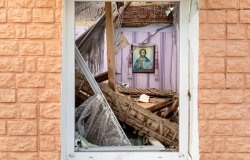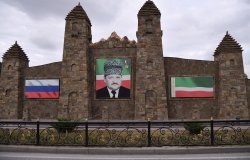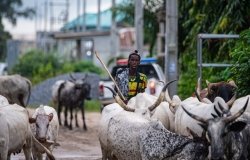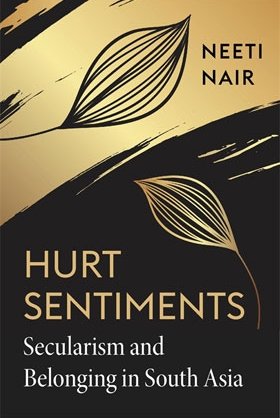#131 Catholic Base Communities, Spiritist Groups, and the Deepening of Democracy in Brazil
By Rowan Ireland
Abstract
Despite abertura and the elections of November 15, 1982, there must be doubts about the depth of democracy in Brazil. Over the last 50 years, whether in authoritarian or populist democratic periods, the Brazilian State has firmly dominated civil society. Civil society will become relatively stronger, in part, when and if intermediate groups develop at the grassroots. Intermediate groups are groups in which values, needs, and aspirations are rehearsed and articulated independently of State agencies and the hegemony of the ruling elites.
But where are such groups to be found at the grassroots in Brazil? This paper examines two types of religious groups which probably account for the majority of grassroots aggregations for which a prima facie case might be made for their being intermediate groups. These grassroots aggregations are the CEBs--the grassroots ecclesial communities of the Catholic Church-- and the various Afro-Brazilian cults. The paper assesses the evidence concerning the functioning of these aggregations. That evidence is drawn from case studies, including the author's own case study of the religions encountered in a town of northeast Brazil. On the basis of the evidence, it is concluded that some CEBs do indeed function as intermediate groups, although they are fragile. The Afro-Brazilian cults are found to differ remarkably among themselves. Some function as instruments of ruling-elite hegemony; but others, probably a minority, possess the features of intermediate groups.
Related Programs

Latin America Program
The Wilson Center’s prestigious Latin America Program provides non-partisan expertise to a broad community of decision makers in the United States and Latin America on critical policy issues facing the Hemisphere. The Program provides insightful and actionable research for policymakers, private sector leaders, journalists, and public intellectuals in the United States and Latin America. To bridge the gap between scholarship and policy action, it fosters new inquiry, sponsors high-level public and private meetings among multiple stakeholders, and explores policy options to improve outcomes for citizens throughout the Americas. Drawing on the Wilson Center’s strength as the nation’s key non-partisan policy forum, the Program serves as a trusted source of analysis and a vital point of contact between the worlds of scholarship and action. Read more

Brazil Institute
The Brazil Institute—the only country-specific policy institution focused on Brazil in Washington—works to foster understanding of Brazil’s complex reality and to support more consequential relations between Brazilian and US institutions in all sectors. The Brazil Institute plays this role by producing independent research and programs that bridge the gap between scholarship and policy, and by serving as a crossroads for leading policymakers, scholars and private sector representatives who are committed to addressing Brazil’s challenges and opportunities. Read more










